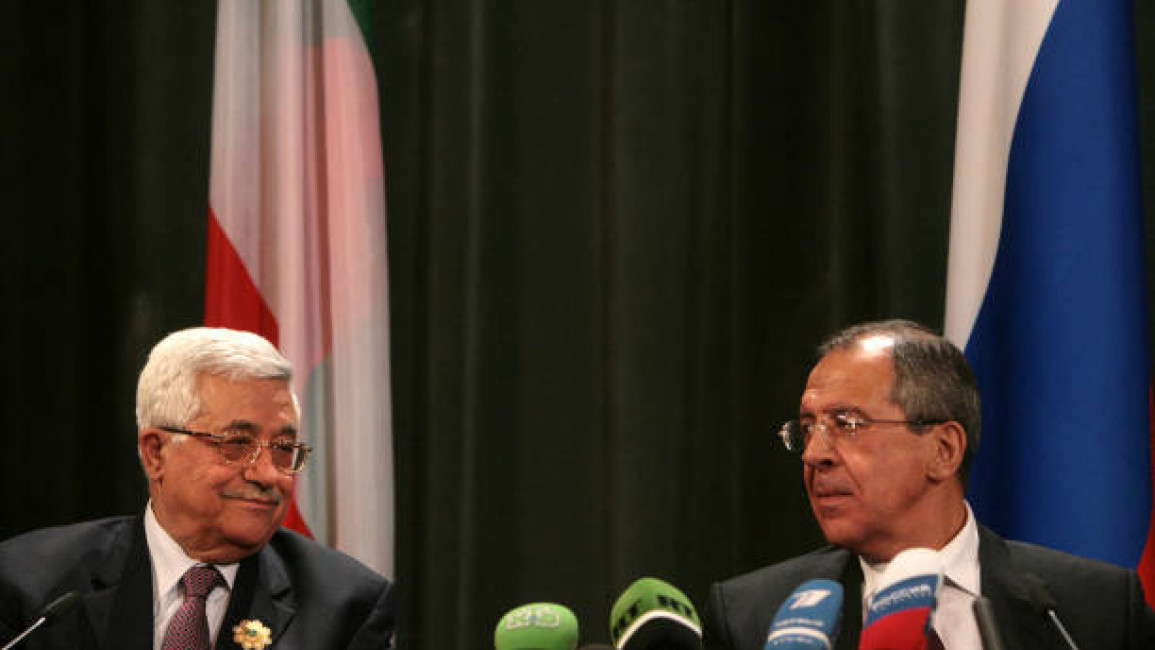Mixed reaction by Palestinian factions over recent Russian-Israeli spat
Tensions between Israel and Russia have received little Palestinian official attention among the political factions.
Russian-Israeli ties have deteriorated since April, following Israel's vote in favour of a UN resolution condemning Russia's invasion of Ukraine. Also, Israel's current prime minister, Yair Lapid, who was then-foreign minister, accused Russia of "war crimes".
By mid-June, Russia circulated a draft resolution at the UN condemning an Israeli air strike on the Damascus airport. Moreover, in early July, the Russian foreign ministry openly condemned the Israeli bombing of the Tartus seaport, a strategic site used by both Russian forces in Syria and the Syrian regime.
Recently, Russia imposed new restrictions on the activities of the Jewish Agency in Russia, Israeli media reported. The agency is the essential organisation in charge of coordinating "Jewish immigration" to Israel.
One of the core missions of the Jewish Agency is to help Jews who want to move to Israel do so.
— Alex גדעון בן װעלװל (@JewishWonk) July 5, 2022
Russia just ordered the Jewish Agency to cease operations in Russia. https://t.co/Rii08OeD2G
"We see that there is a double standard in the way the Ukrainian crisis is treated, in comparison to the treatment reserved to the Palestinian question," Hussein Hamayel, the spokesperson for Fatah told The New Arab.
"However, we prefer not to intervene in other countries' international affairs. We think this is a Russian-Israeli affair and we prefer not to comment on it," he added.
In contrast, Hazem Qassem, the spokesperson for Hamas, Fatah's main rival told The New Arab that "this Russian-Israeli spat is the result of Israeli aggressive nature, which contradicts even its own international interests."
"Russian decision to restrict the operations of the Jewish Agency is correct and we hope more countries follow the same path," Qassem said. "The agency's work to bring more immigrants to the occupation state is on the expense of our Palestinian people, which is why all countries should put a limit to it."
On his part, the spokesperson and leading member of the left-leaning Democratic Front for the Liberation of Palestine - DFLP, Helmi Al-Aaraj, told The New Arab that "Israel's continuous strikes on Syria are an aggressive behaviour that has to be stopped."
#Israel should stop airstrikes in #Syria – warns #Russiahttps://t.co/lAgf8WvkbN pic.twitter.com/SdrzDBt8RJ
— Newscast Pratyaksha (@NewscastGlobal) July 7, 2022
"Russia's decisions against the activities of the Jewish Agency on its soil could be the beginning of an international official response to Israeli violations of international law," Al-Aaraj remarked. "We believe that there should be a Palestinian official effort to build on this Russian response to Israeli actions and call upon more countries to do the same."
In early May, a Hamas delegation headed by Hamas politburo member Mousa Abu Marzouq met Russian officials in Moscow. The Palestinian faction's leadership had received a Russian invitation to "discuss Russian efforts in the developments of the Palestinian cause" according to a statement released by Hamas about the visit.
In mid-May, Palestine's ambassador to Moscow, Abdel Hafiz Nofal, told Russian media that Palestinian President Abbas wanted to visit Russia, but the visit is yet to be planned due to reasons related to "air traffic".



